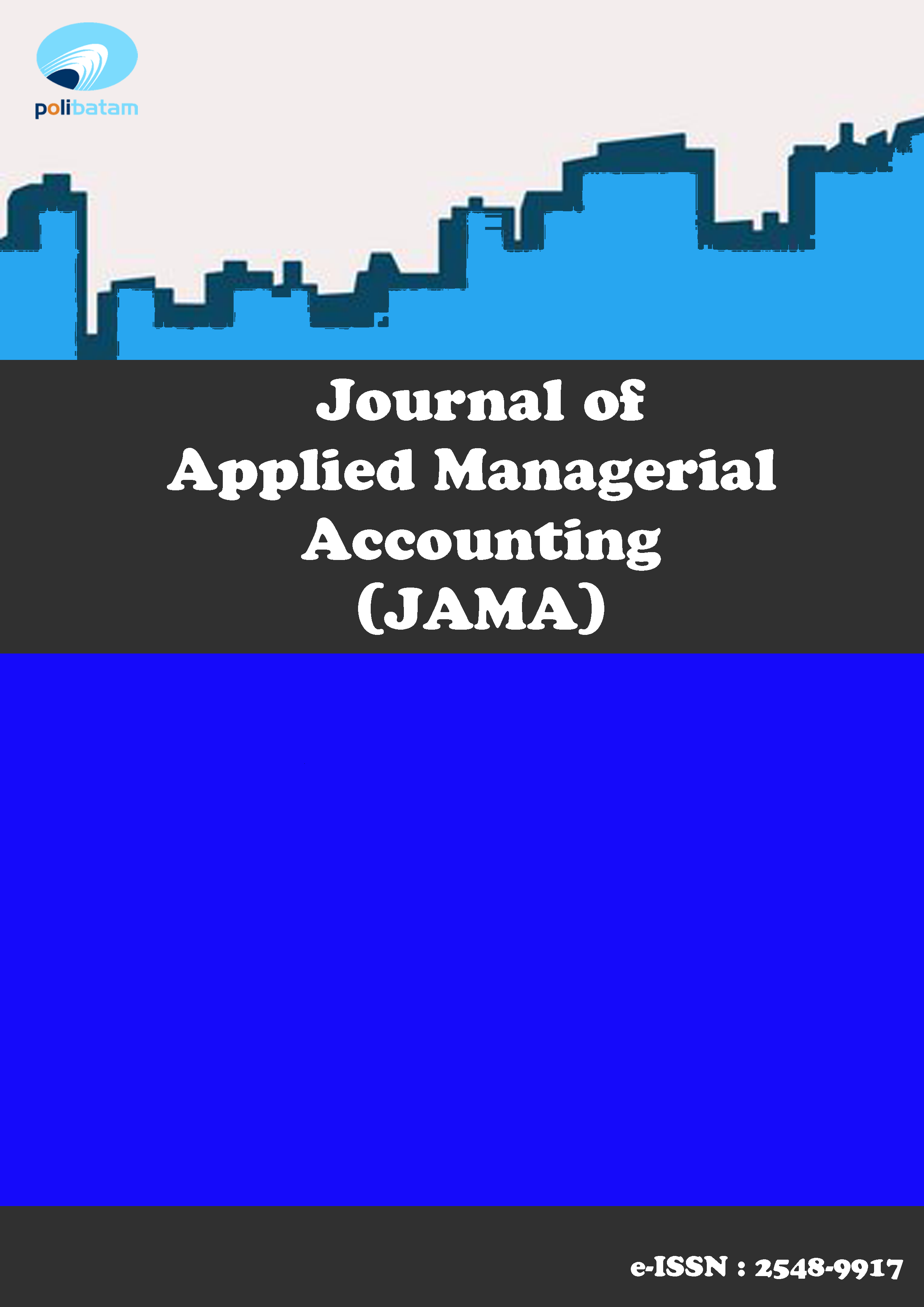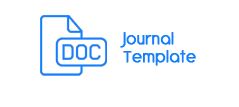Digital Transformation in Higher Education through the Implementation of Enterprise Resource Planning
DOI:
https://doi.org/10.30871/jama.v8i2.8454Keywords:
Digital Transformation, Higher Education, Enterprise Resource Planning (ERP), and ERP ImplementationAbstract
Digital transformation through the implementation of Enterprise Resource Planning (ERP) is a strategic step for universities in improving operational efficiency and the quality of academic services. ERP integrates administrative and academic functions into a unified platform, enabling more effective and efficient information management. However, the ERP implementation process is faced with various challenges, including resistance to change, budget constraints, and a lack of technical skills among users. This research aims to analyze the process and key factors for the success of ERP implementation in higher education, focusing on a case study in one of the private universities in West Sumatra. Qualitative methods were used with in-depth interview techniques, observation, and documentation to gain in-depth insight into the experiences and challenges of ERP implementation. The research results show that ERP implementation at universities involves planning, preparation, and gradual stages, which include needs assessment, module selection, socialization, and technical training. This phased approach helps manage risk and ensure the success of each phase. The implementation process has had a significant positive impact on operational efficiency and service quality at the university. Process automation, data integration, and faster access to information provide immediate benefits for administrative staff and students. A well-planned and coordinated ERP implementation is key to maximizing the benefits of the new system and improving the university's overall operational efficiency. This research provides valuable insights for other educational institutions planning to carry out digital transformation through ERP implementation.
Downloads
Downloads
Published
How to Cite
Issue
Section
License
Copyright (c) 2024 Kevry Ramdany, Asniati Bahari

This work is licensed under a Creative Commons Attribution-ShareAlike 4.0 International License.





